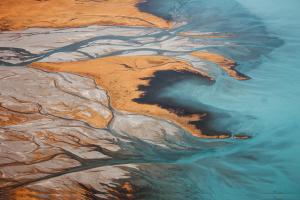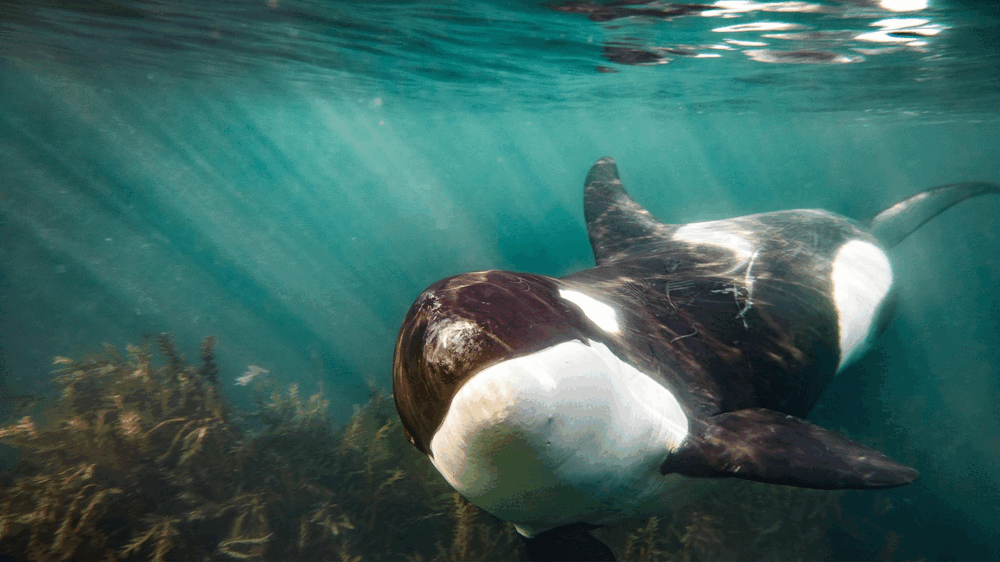Toitū means to care for the life of our place, our people and future. Our name is our commitment. To sustain holistically. To sustain continually.
We are a nationwide collective of experts passionate about the possibilities of what can be achieved when we work together. Guided by the latest science and international best practice, we help businesses take purposeful steps towards a brighter and more prosperous future for our world.
Toitū together.
Take steps with us.
Next Success Story
Scenic Hotel Group - Advancing hotel sustainability
Millions of tourists come to New Zealand every year for its stunning environment and unique culture. Read our case study where Scenic Hotel Group share what sustainability in the tourism sector looks like.
( OVERVIEW )
A few steps to make a difference
in our
world
Integrating business with climate ambition can sometimes seem complex. We’re here to be your guide to environmentally responsible business practices.
1.
The planet is warming
The latest science shows we must halve global emissions by 2030 to limit warming to 1.5°C. As temperatures rise, so do physical, financial, and operational risks for businesses. Adapting to this new reality isn’t optional—it’s essential.
2.
Regulations are here
Mandatory climate reporting frameworks are reshaping how organisations operate. Staying ahead means ensuring your data, processes, and strategies are compliant, accurate, and independently verified.
3.
Brand equity matters
Your sustainability efforts don’t just reflect your values—they influence customer trust and market perception. Credible climate action builds reputational resilience and positions your business as a leader in your sector.
4.
Change with purpose
Every organisation has unique challenges and opportunities to navigate on its climate journey. From compliance to operational transformation, taking action today sets your business up for a resilient and competitive future.
We help businesses to make positive environmental progress
Our services and programmes help businesses assess and take action on their environmental and climate impact. In turn, this helps to reduce costs, increase market access, improve staff engagement, and take credible action toward more sustainable ways of working. Doing good is good business. Toitū certification tells the world you are taking meaningful steps toward a more sustainable future.
Climate impact & Carbon certification

A trusted independent certification for reducing greenhouse gas emissions. Assess your climate impact and develop a transition plan with a science-led certified programme built for credible, lasting impact.
Enviromark certification

A certification for developing environmental management systems. Ensure your organisation minimises its environmental footprint, complies with legal requirements, and demonstrates a strong commitment to sustainability.
Advisory services

Turn ambition into action with expert guidance, tailored strategies, and data-driven solutions to meet your unique sustainability goals.
Greenhouse gas assurance

Build trust and meet compliance with independent greenhouse gas assurance. Ensure your GHG data is accurate, credible, and aligned with global standards, to support confident decision-making and reporting.
Climate Related Disclosures (CRD)

Navigate mandatory climate-related disclosure reporting with confidence. From tailored advisory or assurance services to certification - ensure your climate reporting is accurate, credible, and trusted by stakeholders.
Discover which service best suits your current business needs
The sector we are working in is
and we are a
enterprise
Our top priorities when it comes to sustainability are:
Our current progress in sustainability is
and we aiming to achieve our goals within
Living our values
At Toitū, our values guide every action we take, from how we certify businesses to how we treat the environment and our partners:
We shape the future
As stewards of the climate response, we apply an intergenerational lens to our work, prioritising long-term sustainability and democratising our expertise to make an impact at scale.
We are better together
We believe in the power of connection and relationships. By respecting the land, our communities, and diverse cultures, we continuously learn, innovate, and achieve better results together.
We hold the standard
As experts in our field, we are committed to upholding the highest standards of science, data, and environmental excellence. Our organisational actions are firmly grounded in best practice and integrity.
( Since 2001 )
We help

businesses
to have credible impact...
4,941
certificates issued
recognising climate impact
283.6
million tonnes
CO2e verified
35%
carbon reduction
members achieve over 3 years







